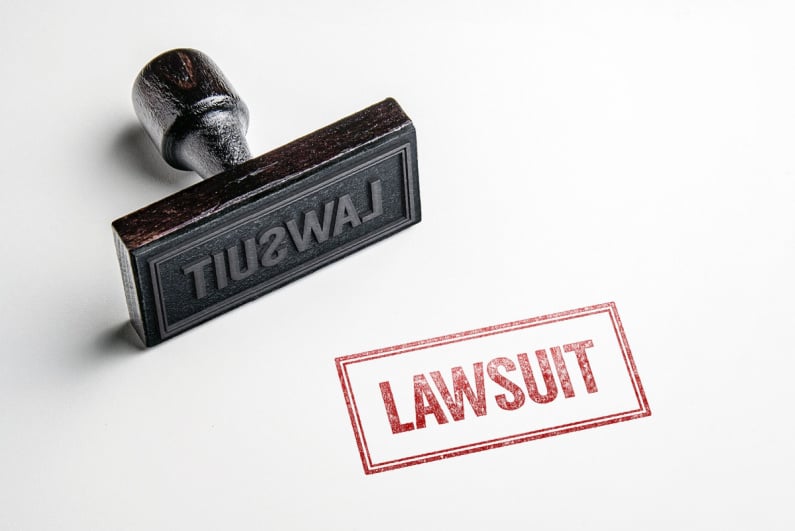Upcoming court battle
The former CEO of Esports Entertainment Group (EEG) has filed a lawsuit against the company for allegedly breaching his employment contract when firing him. The company’s board asked Grant Johnson to resign in December, citing a poor year for the business that saw the closure of numerous brands, a potential delisting, and a debt default.
the lawsuit will not have a materially adverse effect on the company
EEG revealed that Johnson was suing the company in its recent share issue prospectus, saying that the former CEO’s claims are all baseless and it plans to fight the lawsuit. EEG also clarified that the lawsuit will not have a materially adverse effect on the company, despite its current financial position.
Seeking compensation
Johnson filed the lawsuit in the Southern District of New York. The court filings outline his belief that he was wrongfully dismissed, as EEG said it was terminating his contract “for cause,” listing accusations of gross negligence, willful misconduct, and fraud.
As EEG dismissed the former CEO for cause, it did not give him any type of severance or pay out the rest of his contract, which was in place until 2025. Johnson is now seeking over $1m worth of compensation, in addition to 200,000 shares in the company. Johnson claims that all of EEG’s allegations are untrue and that even if they were true, they would not be enough to justify a “for cause” contract termination as per the terms of his agreement.
A tough time for EEG
Esports Entertainment Group has had a rough go of it recently. During its quarterly report in May, EEG said that there has been “substantial doubt” that the company will be able to survive. These issues seemingly remain, with the company only having $500,000 in cash on hand as of January 12.
selling some more of its iGaming assets
Last month, EEG considered selling some more of its iGaming assets in order to better deal with its current debt obligations. It had already closed its UK-focused RedZone UK and Sport Nation brands, citing numerous reasons, including the struggles of operating in the UK market as a small iGaming business. Mansion Group recently made a similar decision to withdraw from the UK iGaming market because of its difficulties maintaining profitability in the stricter UK regulatory environment.
EEG is also in the process of selling its iGaming assets in Spain, with the deal set to close this month. It should yield $1m in proceeds, as well as get back a $1m deposit that the Spanish regulator currently holds. Of the funds coming for this sale, 65% of them will be going to a noteholder following a previous debt default.



